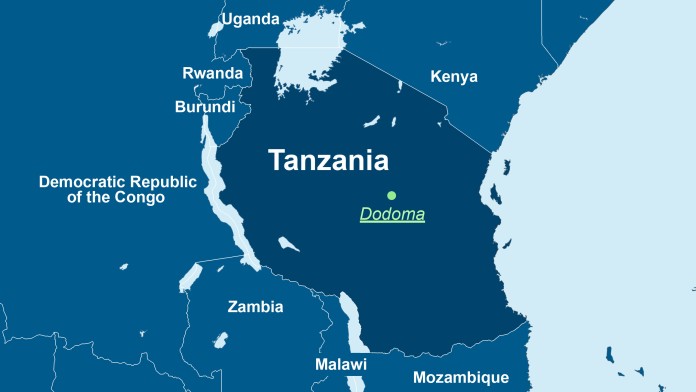
Tansania

Tanzania is famous for its unique natural and cultural treasures such as Lake Tanganyika, Serengeti, Kilimanjaro and the Zanzibar Archipelago. Tanzania’s ecosystems and wildlife resources are unique in the world. Close to a third of the country’s territory is protected. These conservation areas are among the largest and most impressive in the world, and their natural wonders are popular tourist destinations. The sector is responsible for one-sixth of gross national product and offers numerous jobs. The economy has seen strong growth for years in this politically stable country.
However, in face of the pandemic, the tourism sector in Tanzania is also struggling with an enormous drop in revenues. Meanwhile, the very young population – the average age is 18 – continues to grow. Despite its economic growth, the country is still one of the poorest in the world. Poverty is also reflected in a lack of infrastructure. Half of the country’s population and many towns and cities have to manage without clean drinking water. Maternal and infant mortality rates remain high, as hospitals are overloaded and do not have enough qualified healthcare staff and equipment. The famous protected areas are still threatened by poaching, overexploitation of natural resources and road construction.
On behalf of the German Federal Government, KfW is supporting Tanzania in the following areas:
On behalf of the Federal Ministry for Economic Cooperation and Development (BMZ), KfW is contributing to financing the Tanzanian national health insurer NHIF. This offers free insurance for poor pregnant women and their newborns, which helps to reduce maternal and infant mortality and prevent maternal and infant illnesses and disabilities. KfW is also supporting the construction of a mother-and-child clinic in Dar es Salaam, which specialises in high-risk pregnancies and neonatal care.
The port city of Dar es Salaam is one of the ten fastest growing cities in the world, which means its infrastructure is overburdened. On behalf of the German Federal Government, KfW is financing the supply of safe drinking water and better sanitation services for over 800,000 people in the five regional cities of Lindi, Mtwara, Kigoma, Sumbawanga and Babati.
To preserve the country’s unparalleled biodiversity, KfW supports several UNESCO-recognised World Heritage Sites, including Serengeti National Park. It provides Tanzanian partners with funds for better equipping the administrative bodies of these protected area. KfW promotes the construction of public infrastructure, new income opportunities and participatory land use planning in the outskirts of the parks. This includes designating usage zones in which sustainable hunting and logging are permitted.
After a downturn caused by the pandemic, tourism is on the rise again. Using this source of income while simultaneously securing the biodiversity of the national parks remains an important goal for KfW. At the same time, the pandemic has shown how important support in the healthcare sector remains.
KfW Office Dar es Salaam
Director KfW Office: Jennifer Wörl
Rufiji Street Plot 1668
House No. 20
Masaki Peninsula
Dar es Salaam
Tanzania
+255 22 26 00 648
Fax: +255 22 26 00 656
